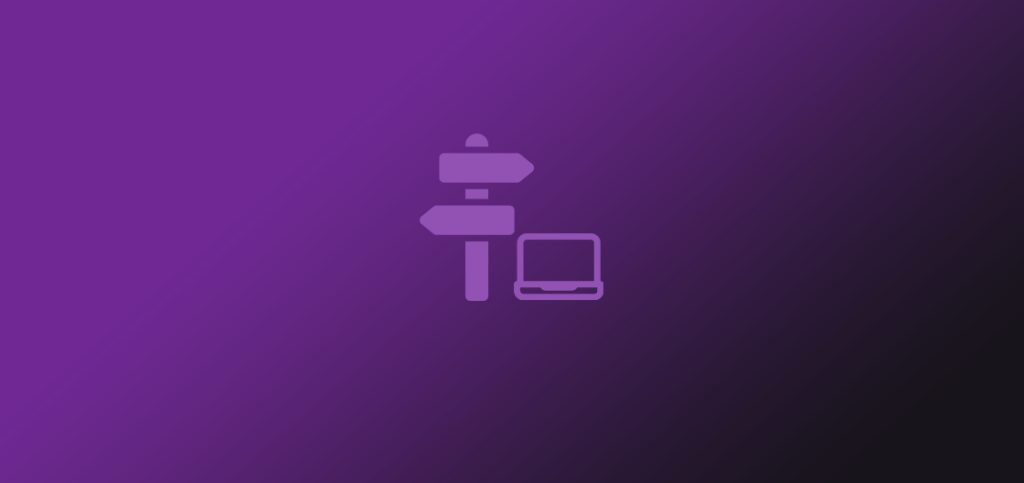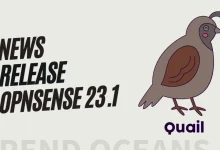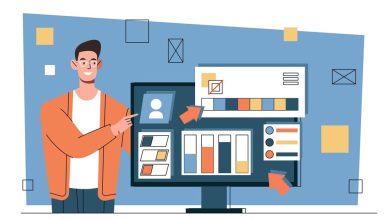Today devs are fundamental parts of every business, they are in startups and small and medium-sized companies that seek technological solutions for their products and services. In a quick search, it is possible to find hundreds of news and research that point to the lack of skilled labor in the area. The conclusion of the articles is the same: there are plenty of vacancies in Brazil and international opportunities are pouring in. Those who stand out can swim in this ocean of possibilities. In this article all the teachings are gathered for you to start your programming career on the right foot.
Define your journey
First of all, you need to know where you are going. Programming beginners tend to get lost in the midst of so much information. You need to have well-defined goals to chart the best career progression path. Make sure you have a solid foundation in programming fundamentals. Only after you know the basics will you know where to go next. This free course teaches programming from ground zero, for those who have never had contact with technology and helps to consolidate standard knowledge.
Choose a language
Knowing a single technology deeply will help you more than knowing several superficially. This doesn’t mean you can never learn others in the future, just that you will direct your focus towards a learning objective. By mastering a language, you get closer to companies that tend to look for people who fulfill specific roles in a technology team.
By following the evolution of the tools you use, you don’t let your applications get outdated and remains relevant to the market.
Organize your studies
Keep in mind that technology is constantly evolving, devs need to keep studying even after entering the market. Having the habit of dedicating yourself to studies will make all the difference in your career growth.
Create a study schedule
Set a study plan that is part of your routine in the best possible way. Tips for building your study schedule:
Understand your routine. Make a realistic plan. List your tasks, meals, obligations and set aside some deep focus time to dedicate yourself to code. )Organize your schedule according to small goals. Set aside your time to absorb content, practice, test and review what you’ve learned in the last few days. Use organization tools. Platforms like Notion are great options for planning your schedule and documenting your study materials, useful links and project ideas.
Apply the Pomodoro Technique. This method helps you to enjoy study time without any interruption, interspersing with moments of rest. Time 25 minutes of studying, when the time is up, take a 5-minute break and resume studying for another 25 minutes.
Be consistent in your studies
Attending studies is more relevant to your learning than focusing for long periods of time. Studying every day will help you to establish knowledge by keeping in constant touch with what you need to learn. It is preferable that you study for a shorter period of time on recurring days than for many hours on a single day of the week.
Practice and Practice
There’s no way, programming is a practical discipline. Only by coding will you be able to develop your technical skills. Theory will come from practice, not the other way around. Practicing will also help you develop the critical thinking needed to solve problems and prioritize tasks.
Count on the community
Getting involved in communities will be a game-changer for your career. Helping other developers will make you stick to your learning better. The community will support you in the face of challenging issues for you.
Evolving in the community is also a great opportunity for you to prepare yourself to work in a Pair Programming environment. Pair Programming is an agile development technique where devs work in pairs on a single workstation. At some point in your career you will have contact with peer work, use the community to get ahead and prepare for it. Tip: open in a new tab or bookmark this handy guide on how to contribute to the tech ecosystem. It has super useful tips for you who are starting to program.
Networking is everything!
In any and all careers, Networking is one of the main visibility strategies for professionals. In development it would be no different. As you gain relevance in the community, better opportunities will come your way. Or maybe, you can find that person who will create a partnership with you to undertake according to your goals, and connect with professionals that you know the skills.
Develop your soft skills
Soft Skills are behavioral skills, those that go beyond your technical knowledge. Don’t neglect your communication skills, attitude, critical thinking, creativity and others that cannot be replaced by mastery of programming. It seems complicated for those who are used to dealing only with their own screen, the good news is that you will see the development of these skills flow whenever you are present in the community, sharing knowledge.
Boost your career
Think of your professional career as a brand. Your brand needs to be solid, have credibility and be publicized. To stand out at the beginning of your career or at any other stage of it, advance through some shortcuts such as Technology Events, Hackathons and Personal Projects. Technology Events – Just follow the communities to stay on top of the main technology events. From workshops, for you to learn by doing, to entrepreneurship and conversations, for you to keep up with the advancement of technology.
Networking is another positive point of being part of the events whenever possible. Hackathons – These are events that can be defined as a practical contest for technology professionals.
Hackathons help you gain experience in developing group solutions, from ideation to final product. Personal Projects – Personal projects are a way for you to develop your technical skills, creativity and critical thinking.
Everything you build becomes baggage for your resume and real cases for your portfolio. Important, add everything you do to Github and write a good README. All your projects count as experience for your portfolio, regardless of complexity.
Like all its evolution, the construction of your portfolio also starts with a first step and advances in level. Even if you believe you have nowhere to start, start. Over time, your knowledge and projects take shape. Are you out of project ideas and want to start challenging yourself? Enter Discover, you will have access to dozens of challenges with instructions on how to complete them.









